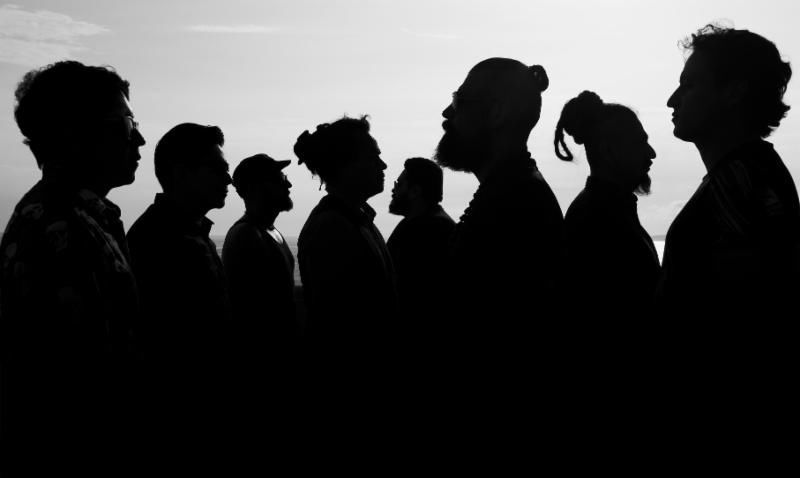Dr. Skenka makes no bones about the issues that he and the band he fronts sing about.
“We are defending the people and their environment,” said the singer for the Mexican Latino fusion ska band Panteón Rococó.
Last month, the band, which will perform at the Rialto Theatre on Sunday, July 8, released the single “Tonatzin,” a Nahuatl word for the Aztec mother earth goddess.
Shenka credits the populace of a small Mexican town that the band was performing in when they came up with the name of the new song. The town had formed a resistance to nearby mining that was polluting the town’s water supply.
“We realized we had to turn up the energy to help defend the people and their natural resources,” said Shenka, whose real name is Luis Ibarra, in a recent telephone interview from Mexico City.
Panteón was born more than 20 years ago, in the mid-1990s, inspired by the Zapatista movement in Chiapas, southern Mexico.
The Zapatista National Liberation Army, an indigenous movement that demanded justice, food, land, work and democracy from the Mexican government, announced its presence on Jan. 1, 1994, the day the North American Free Trade Agreement went into effect.
As the band has evolved musically, expanding beyond its ska roots, it retains as a key component its politically tinged songs and stage shows.
Ibarra recites a long string of onerous political crisis on both sides of the border, including, of course, President Trump’s continued call for extending the multibillion-dollar border wall. Then the singer asks, “Where are we going?”
He notes that many of the social and political issues that ignited the band at its birth persist today.
The band’s political posturing doesn’t seem to turn off its fans. Over the years, it has increasingly attracted larger and larger crowds, playing in arenas with more than 20,000. The band started its 16-city North American tour last month at the Victoria Ska Festival in Victoria, Canada, and ends next month in Los Angeles.
While the group is unabashedly political, at its core is music. The eight-member Panteón has grown to be more than a rock ska band. It incorporates tango, punk, pan-Caribbean and bolero sounds, relying heavily on percussion and horns.
“We are not a one-hit wonder,” said the 44-year-old Ibarra.





